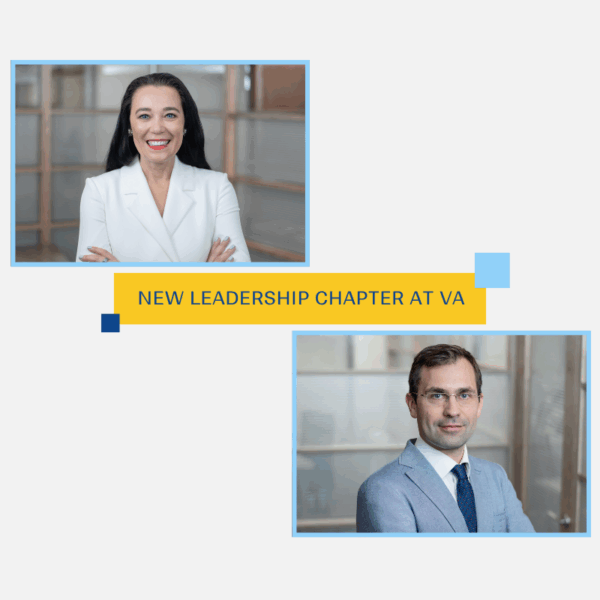The European Space Agency (ESA) has recently appointed an Industrial Coordinator (IC) who will provide practical assistance to the Lithuanian space sector in collaboration with the ESA and Lithuanian authorities. This initiative aims to support the development of the Lithuanian space industry by facilitating company visits, sharing information on available training courses and potential tender prospects, and assessing the national capabilities in space-related activities. Similar activities have been implemented in other ESA Member States and Associate Member States, highlighting the importance of such initiatives in fostering the expansion of the space sector.
Multi-faceted objectives of the initiative
The objectives of the IC project are multi-faceted and include ensuring up-to-date knowledge sharing among Lithuanian companies and entities working in or potentially working in space-related areas. This objective is crucial for improved communication between companies, national governments, and ESA, particularly as the Lithuanian government is implementing reforms to enhance the space sector. By gaining a comprehensive understanding of the country’s space industry landscape, better information exchange and reform performance can be achieved.
Efficient distribution of ESA-related information to the Lithuanian industry
Efficient distribution of ESA-related information to the Lithuanian industry is another objective. This includes sharing information about training, calls for tender opportunities, and background information relevant to ESA’s programmes. Disseminating this information will help raise awareness among Lithuanian companies about the opportunities available through ESA Associate Membership and participation in the European space ecosystem. Associate Membership allows non-ESA member states to actively engage in ESA programs and activities with a flexible level of involvement, providing opportunities for participation in ESA optional programmes and access to scientific and technical research studies.
Improving the number and success rate of bids by Lithuanian entities to ESA and EU programs is also another key objective. Participation in these funding programs enables enterprises to pursue space-related activities and integrate into international space value chains. However, successful bids require the capacity building of Lithuanian entities through training, assistance in improving proposal quality, and ensuring alignment with ESA’s programmatic goals.
Fostering collaboration and cooperation within Lithuania and internationally between the Lithuanian and other ESA Member States’ industries is the last objective. Collaboration is crucial for space activities and raising awareness among Lithuanian entities about the opportunities and benefits. Facilitating links to the European ecosystem will increase the capacities of Lithuanian entities to become permanent suppliers in the space value chain. It is important because it is essential for the space sector as it enables collaboration and integration of capabilities, technologies, and expertise to deliver comprehensive space solutions.
In this project, Visionary Analytics team serves as the IC, playing a vital role as the single point of contact between ESA, the national delegation, and Lithuanian companies/entities. We ensure timely and successful engagement of all stakeholders, facilitate communication, and work towards achieving the objectives of the project.
Our team, in collaboration with the Tech & Space from Estonia, gather crucial information at ESA Industry Days and other events, maintain a comprehensive database of Lithuanian entities, organise company visits, and provide advice on ESA procurement, training, and European Cooperation for Space Standardization (ECSS) standards. Our efforts aim to address challenges, foster collaboration, and strengthen integration into the European space ecosystem.
Enhancing integration into the European space ecosystem
This project aims to address several issues faced by the Lithuanian space sector, such as the lack of a comprehensive database of entities and the underutilization of space technology and data. By enhancing knowledge sharing, improving access to ESA-related information, increasing the number and quality of bids, and fostering collaboration, the Lithuanian space sector can become better integrated into the European space ecosystem. The results expected from these studies include improved collaboration among Lithuanian entities and ESA, increased participation in ESA programs, and the establishment of strategic alliances with international stakeholders.
In conclusion, the ESA tender launched to strengthen the Lithuanian space sector is a significant step towards enhancing the country’s capabilities and competitiveness in the field of space technology. The objectives of the project, including knowledge sharing, efficient information distribution, increased bidding success rate, and fostering collaboration, address crucial aspects that can propel the growth and integration of the Lithuanian space industry within the broader European space ecosystem.


